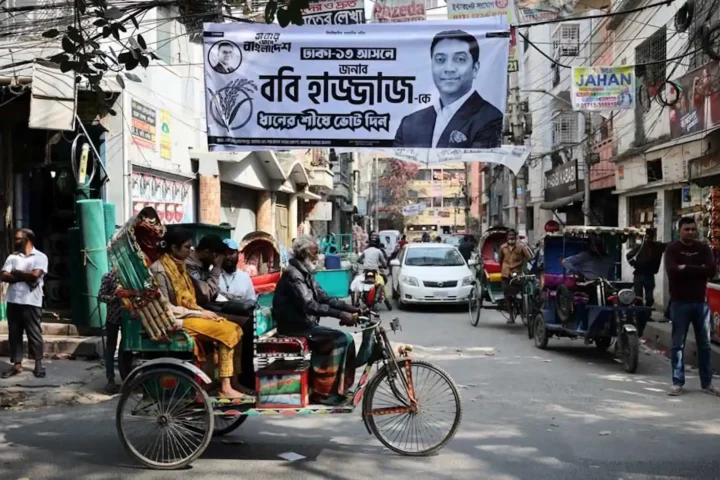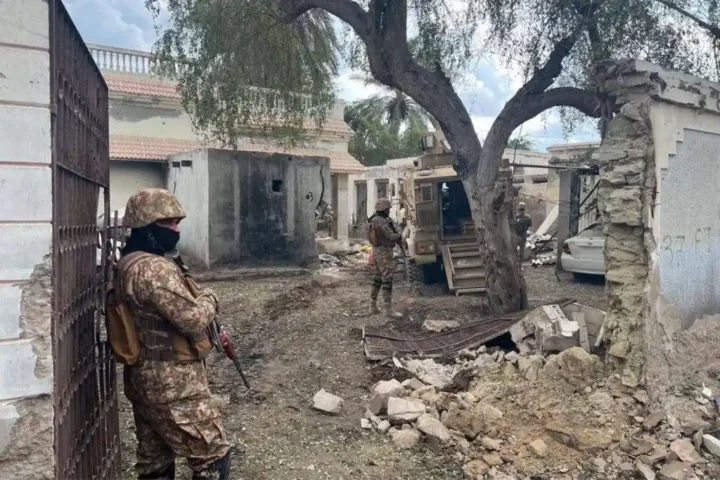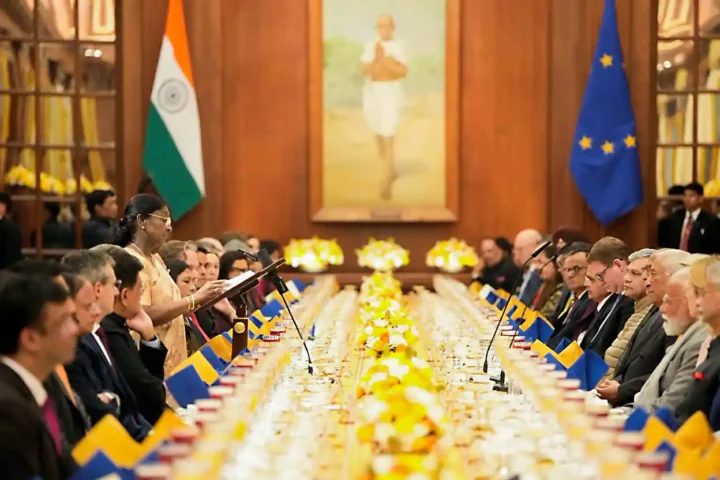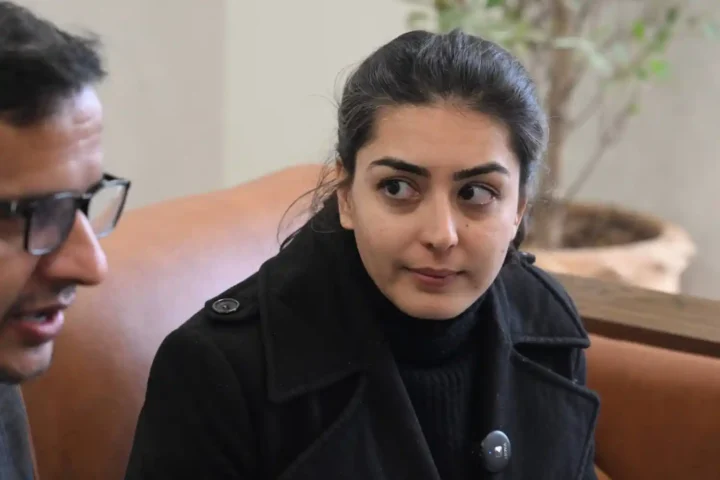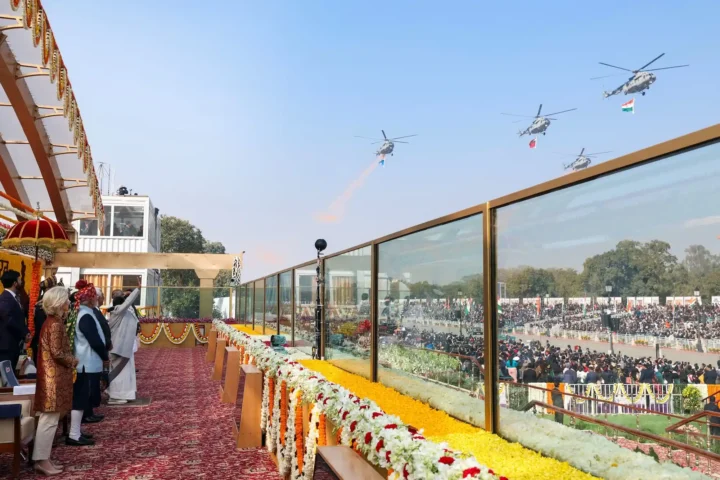In an era of intensifying geopolitical competition, few nations are navigating the international order with as much calculated poise as India. From sanctions pressure to trade reform, from delicate diplomacy with China to shaping global rules on artificial intelligence, New Delhi is no longer merely reacting to global currents—it is defining them.
India Pushes Back Against Sanctions Pressure
The sharp warning from NATO Secretary-General Mark Rutte this month underscored just how closely India’s economic choices are being watched. Speaking in Washington, Rutte signaled that “secondary sanctions,” including tariffs as high as 100 percent, could be imposed on major economies trading with Russia, explicitly naming India alongside China and Brazil.
India’s response was swift and firm. Calling out what it described as “double standards,” New Delhi reaffirmed its sovereign right to conduct trade on its own terms. Far from a symbolic defiance, this marked a deeper assertion of strategic autonomy—India refuses to be drawn into Western security frameworks at the cost of its own energy and economic security.
Yet this is not isolationism. India continues to engage in backchannel diplomacy, emphasizing calibrated rather than confrontational approaches—“friendship without illusion, cooperation without compulsion,” as one senior official described it.
Trade Diplomacy: Between Reform and Realignment
At the World Trade Organization, India is quietly shaping conversations on reforms ahead of the Cameroon Ministerial. The stakes are high: proposals to relax consensus rules and tighten scrutiny of industrial subsidies threaten to erode long-standing protections for developing economies.
Indian negotiators are working behind the scenes to ensure reforms do not come at the expense of developing nations’ growth, a position that reaffirms its leadership among the Global South. The challenge: securing meaningful carve-outs while avoiding the charge of obstructing much-needed reform.
Simultaneously, New Delhi is racing against an August 1 deadline to conclude a potentially transformative trade agreement with the United States. Talks span high-tech sectors, supply chain security, and intellectual property, but domestic sensitivities—from food sovereignty to industrial policy—limit India’s negotiating space.
This dual narrative—resisting pressure at the WTO while seeking bilateral deals—highlights India’s evolving trade identity: pragmatic, collaborative, yet firmly anchored in national interest.
A Reset With China
External Affairs Minister S. Jaishankar’s recent visit to Beijing—the first since the 2020 border standoff—signals a cautious thaw. At the Shanghai Cooperation Organisation summit, Jaishankar and Chinese counterpart Wang Yi discussed de-escalation, border normalization, and easing trade restrictions.
China described the effort as “hard-won normalization,” while India stressed its need to restore critical supply chains and regional stability. The engagement reflects India’s strategic balancing act: keeping communication open without conceding on core security concerns.
Shaping the Rules of the Future: India’s AI Play
Away from high-stakes trade talks, India is quietly taking a leadership role in shaping global artificial intelligence norms. At the UNESCO-led 2025 AI Action Summit, New Delhi championed inclusive and transparent AI governance, positioning itself as a voice for the Global South.
Domestically, the government’s IndiaAI mission has taken concrete steps, including establishing the India AI Safety Institute and unveiling the BharatGen public-sector AI model. By presenting itself as not just a consumer but a creator of ethical AI, India is ensuring it has a decisive voice in the next wave of technological governance.
The Larger Picture: India’s Moment of Agency
India’s current global posture is a far cry from the days when it was seen primarily as an emerging market or a passive participant in multilateral forums. Today, it is asserting a clear message: it will engage globally, but on its own terms.
This approach is not without challenges. Balancing Western sanctions pressure with energy security, pursuing trade reforms without undermining domestic priorities, and maintaining diplomatic credibility while protecting national interests require a level of internal policy coordination that will be tested in the months ahead.
But if recent weeks are any indication, India is ready for that test. Its actions signal a nation redefining its place in the world—not as a swing state between superpowers, but as an autonomous actor shaping trade rules, tech ethics, and diplomatic norms for a new era.


